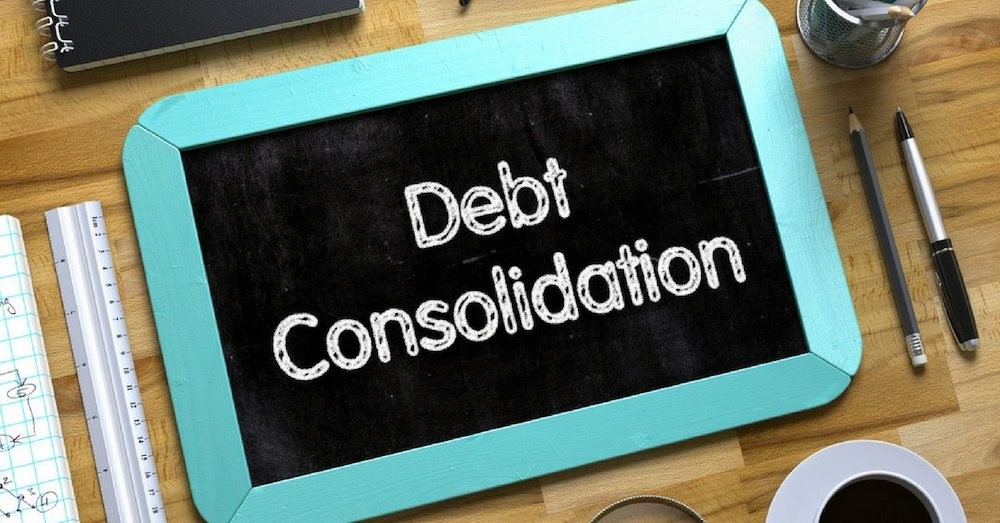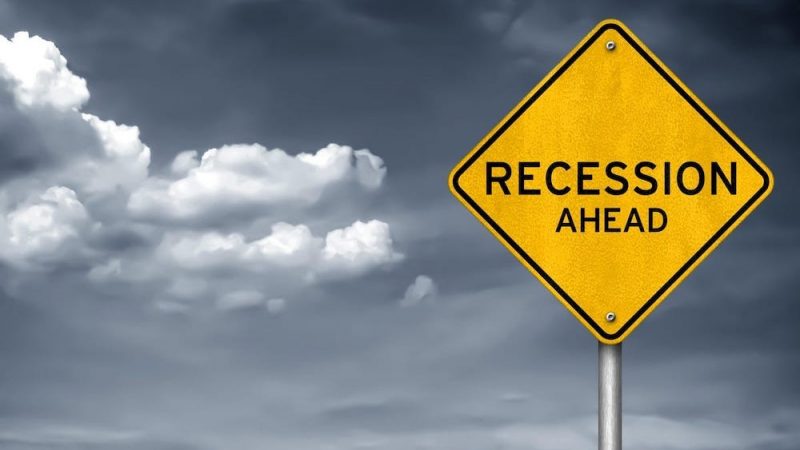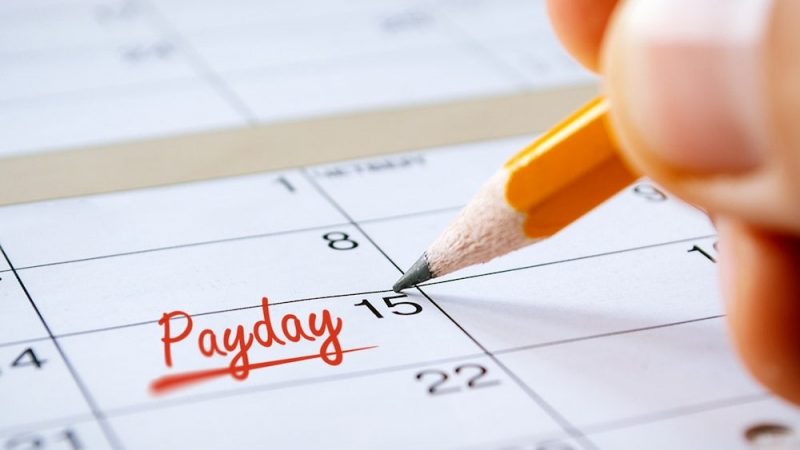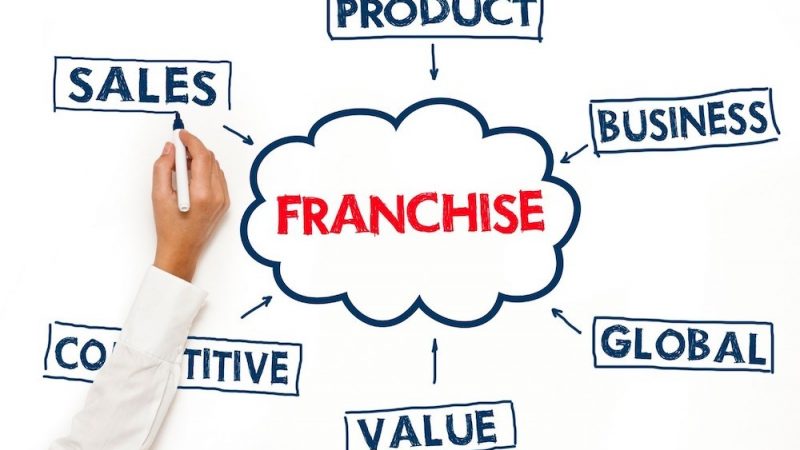Image Source: FreeImages
When you have several types of debt — from credit cards to student loans and more — it can feel overwhelming. It may even seem like there’s no way out. But there is a way to get your finances back on track; it’s called debt consolidation. It’s not a magic pill that solves all your money problems, but it can help you take control of your financial future by combining all your different debts into one loan with a single monthly payment. You might be wondering if debt consolidation is right for you. The answer depends on your financial situation, willingness to risk, and much more. Keep reading to learn everything you need to know about debt consolidation and whether or not it’s right for you.
What is Debt Consolidation?
Debt consolidation is the process of taking out one loan, often from a bank or credit union, to pay off all your other debts. It’s helpful to think of debt consolidation as a way to combine your debts, like student loans and credit card debt, into one giant payment each month. You may be wondering, “If debt consolidation is just one loan, why do people call it ‘debt consolidation’?” There are two reasons. The first is that you may take out one loan to pay off several of your smaller debts. The second is that debt consolidation lets you pay off your debts faster and with less interest than you would by making minimum monthly payments.
How Does Debt Consolidation Work?
There are two main types of debt consolidation — a debt consolidation loan and debt management plans. Debt consolidation loans are when you take out a new loan (often from a private lender) to pay off your other debts. With debt consolidation, you’ll have one monthly payment. This will be the payments on your new loan plus any payments you would have made on your other debts. A debt management plan is when you work with a nonprofit credit counseling agency to negotiate reduced payments with your creditors and find ways to reduce your overall debt. With debt consolidation, you’ll have one monthly payment. This will be the total amount you would pay for everything on your new loan. For example, you may end up paying a little more over time to pay off your debt through a debt consolidation loan. But you may also pay less in interest and have an easier time making your payments.
The Pros of Debt Consolidation
There are many benefits to taking out a debt consolidation loan, including:
- You’ll simplify your payments
- You’ll pay less in interest
- You’ll reduce the amount of time it’ll take to pay off your debt
- You’ll improve your credit score
- You may qualify for lower interest rates
- You’ll have more financial freedom
- You may be able to refinance your existing debts
As you can see, debt consolidation has a lot of benefits. If you have multiple loans and struggle with keeping up with payments, debt consolidation can help. Plus, not only will you have one payment to keep track of, but you may also be able to get a lower interest rate since you’ll have better credit. You’ll also be able to regain more financial freedom, since you’ll have less debt and fewer payments to worry about.
The Cons of Debt Consolidation
There are also some cons to debt consolidation, including:
- You could end up paying more in the long run
- You may have to pay a higher interest rate
- You may have a harder time getting approved for loans
- You may be able to take out a loan from a private lender, but not a federal loan
- It may impact your credit score
These are just some of the cons of debt consolidation. You don’t need to worry too much about the cons if you find a responsible way to consolidate your debt. You just need to make sure that you do your research and find a responsible way to do it.
Final Words: Will You Be Consolidating Your Debt?
Before finalizing a decision, you also need to consider what impact a debt consolidation loan will have on your credit score. Your credit score is based on many factors, including your debt-to-income ratio (the amount of debt you have compared to how much you earn) and how you’ve handled debt in the past. Since a debt consolidation loan can have a significant impact on your debt-to-income ratio, your credit score may go down. If you’re trying to buy a house or get a new car in the near future, taking out a debt consolidation loan may not be the best idea. But if you’re currently struggling to keep up with your current debt payments and need a way to get back on track, it may be worth exploring debt consolidation.





